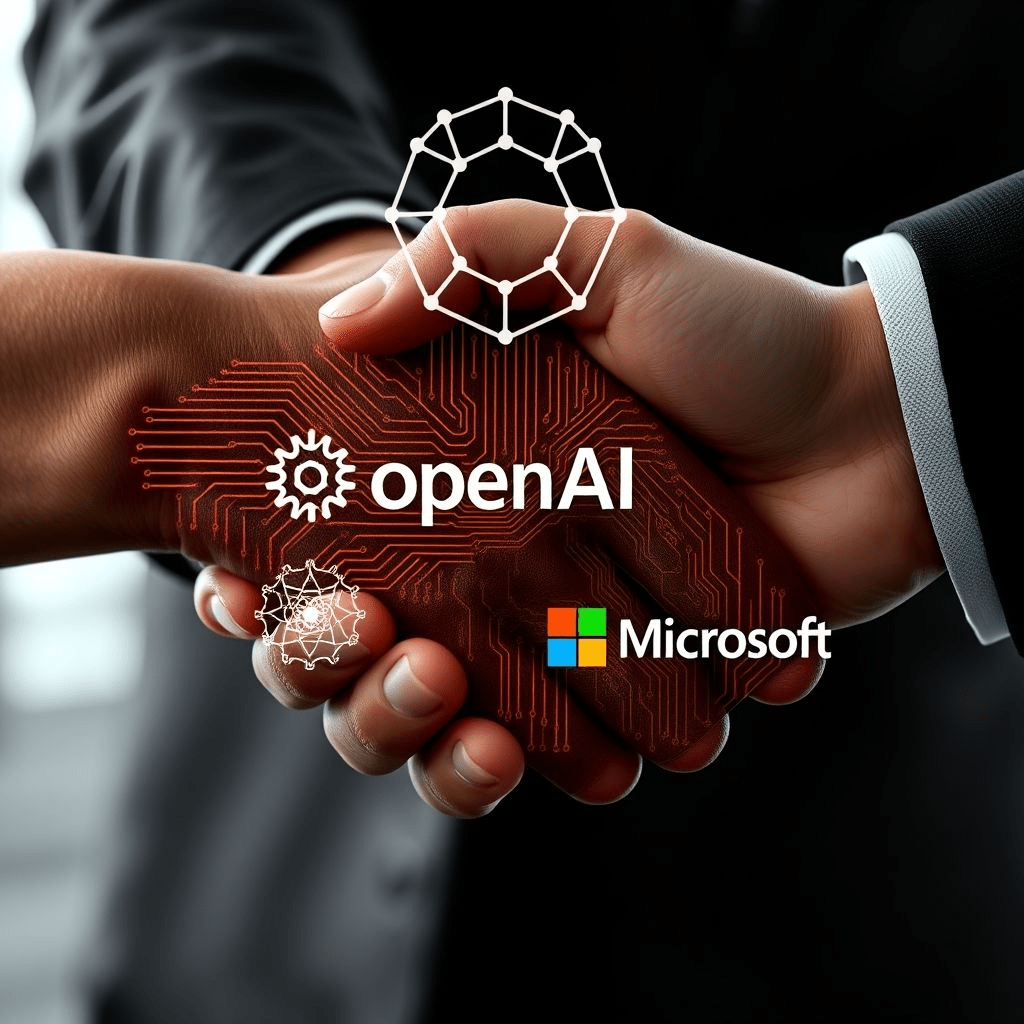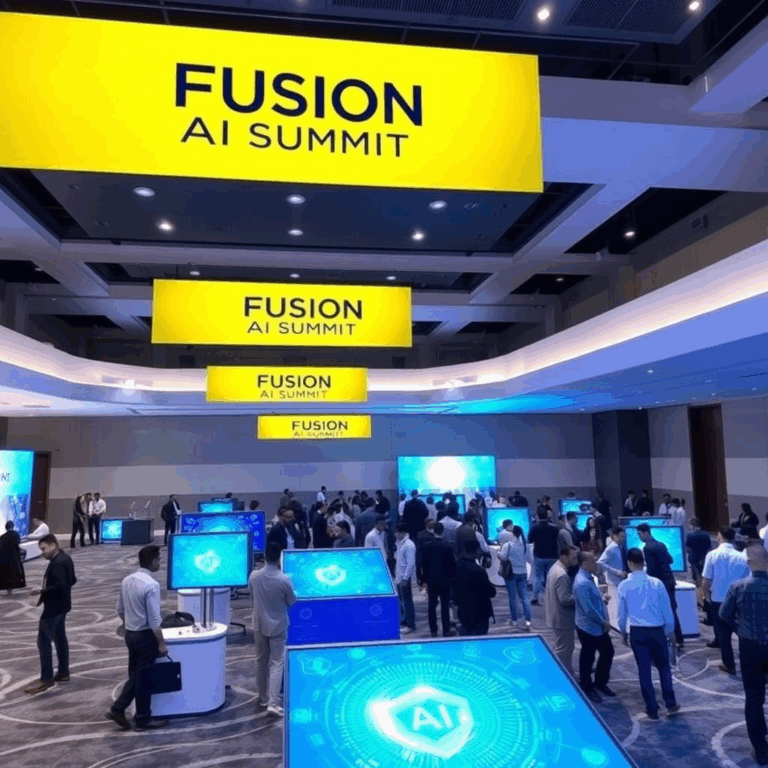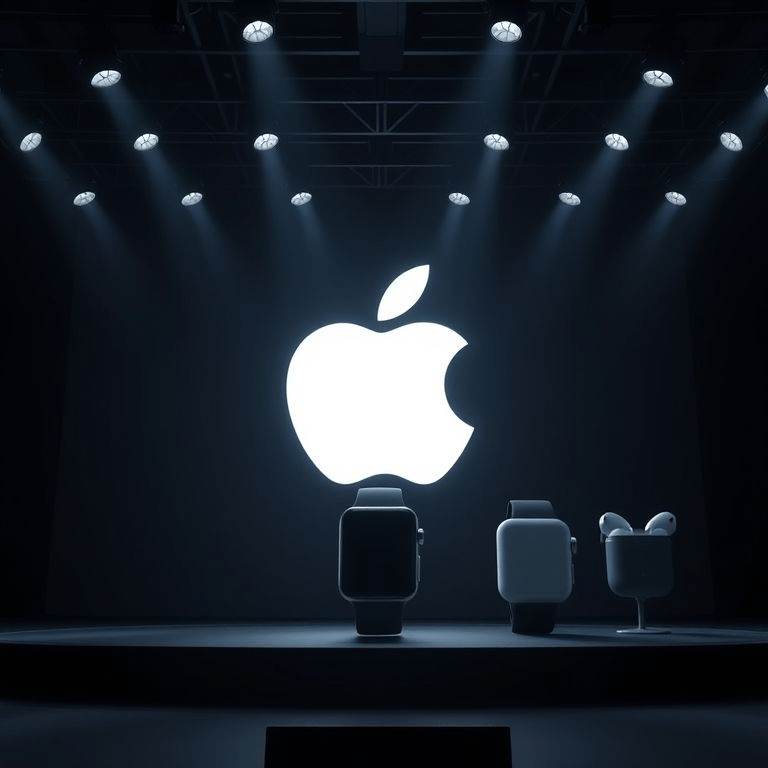Redmond, WA — July 29, 2025
In a pivotal move that could reshape the landscape of artificial general intelligence (AGI) development, Microsoft and OpenAI are renegotiating their access agreement to ensure Microsoft’s continued use of OpenAI’s most advanced AI models—even as the company crosses new AGI thresholds. This OpenAI access deal comes amid growing questions about control, profit-sharing, and regulatory oversight in the next phase of AI.
The Backbone of a Billion-Dollar Partnership
Microsoft’s partnership with OpenAI is one of the most significant in recent tech history. The tech giant has poured over $13 billion into OpenAI, acquiring a 49% stake in the company’s for-profit subsidiary and embedding its models—including GPT-4 and its successors—into products such as Microsoft 365 Copilot, Azure AI, and GitHub Copilot.
But that agreement was crafted with evolving terms, particularly concerning a future AGI milestone—when AI models can generalize across multiple domains with human-level understanding. According to sources close to the discussions, the current renegotiation is focused on clarifying Microsoft’s long-term access rights as OpenAI gets closer to its AGI aspirations.
What Sparked the New Negotiations?
Earlier this month, internal documents leaked from OpenAI revealed potential board-level debates over the pace of AGI development, safety guardrails, and licensing commitments. The leak raised eyebrows at Microsoft, which has made OpenAI a cornerstone of its AI strategy.
“Microsoft was essentially caught in a gray area,” said a former OpenAI legal advisor. “The original agreement had a clause that allowed OpenAI to cut off access to its models if they reached AGI, citing existential risk. That’s now being revised.”
The OpenAI access deal discussions are reportedly focused on three major points:
- Guaranteeing AGI-level model access under defined licensing terms.
- Clarifying Microsoft’s share of IP rights and monetization from AGI-driven products.
- Embedding oversight mechanisms should OpenAI invoke safety-based access restrictions in the future.
Strategic Importance for Microsoft
For Microsoft, securing its AI future hinges on continued access to OpenAI’s latest breakthroughs.
“Azure’s entire competitive advantage in the cloud AI market depends on access to frontier models,” said Nadine Zhang, senior analyst at Forrester Research. “If OpenAI pulls the plug on AGI access, Microsoft would be outmaneuvered by rivals like Google and Amazon.”
Azure has positioned itself as the premium AI cloud platform, with clients relying on integrations of OpenAI’s models for customer service bots, enterprise assistants, content generation, and more.
“Losing access to OpenAI models would be like Apple losing its iPhone factory overnight,” said Brian Cho, an enterprise software consultant based in New York.
OpenAI’s AGI Timeline: Closer Than Expected?
In a recent blog post, OpenAI stated it has made “meaningful progress” toward developing artificial general intelligence, with some systems showing early signs of generalization. Internally, some researchers believe that an AGI-level model—capable of outperforming humans at most economically valuable work—could be realized by late 2026.
This makes the OpenAI access deal especially urgent.
“In practical terms, we’re not far off from AGI. If Microsoft doesn’t lock in rights now, they risk a scenario where they’ve built their house on someone else’s land,” noted Zhang.
Balancing Innovation and Control
The access deal also reflects the tension between innovation and corporate control.
OpenAI’s non-profit governance structure was designed to keep powerful AI out of any one company’s control. However, Microsoft’s $13 billion investment—and its deep integration of OpenAI into core products—complicates that vision.
Elon Musk, a co-founder of OpenAI who later exited the board, recently criticized the partnership on X (formerly Twitter), saying:
“OpenAI was created to protect humanity, not to become a Microsoft monopoly on artificial general intelligence.”
OpenAI CEO Sam Altman has responded by emphasizing transparency and distributed benefits, but admitted in a March interview:
“There’s no perfect blueprint for navigating the AGI era. We’re trying to build the right access models while staying true to our mission.”
Expert Opinions: Legal and Ethical Challenges Ahead
The legal challenges of licensing AGI capabilities are unprecedented. What constitutes “access”? Who owns model outputs? What happens if AGI surpasses human oversight?
“These questions are not just technical or financial—they’re philosophical,” said Professor Leila Morgan, an AI ethics expert at Stanford University. “The OpenAI access deal will set a global precedent. If Microsoft and OpenAI get this wrong, it may invite regulation or worse, public distrust.”
Some experts argue that licensing AGI may require government intervention, similar to nuclear non-proliferation treaties. Others believe it should be governed like intellectual property, with access managed through corporate contracts.
Potential Global Impact
Countries like China, the UAE, and France are watching the OpenAI access deal closely. Many governments have their own AGI ambitions or are investing in sovereign AI initiatives. If Microsoft locks in permanent access to OpenAI’s top models, it may consolidate Western AI power into fewer hands.
“Imagine a future where every startup or government needs Microsoft to access general AI—that’s the geopolitical implication,” said Erik Sundquist, a global AI policy advisor.
Financial Markets React
Following reports of the renegotiation, Microsoft’s stock rose 1.6% on Tuesday, while shares in competitors like Alphabet and Amazon were flat. Investors largely welcomed the news as a sign that Microsoft is securing its leadership position in enterprise AI.
“Wall Street likes clarity,” said JP Morgan analyst Ravi Desai. “The OpenAI access deal reduces uncertainty and reinforces Microsoft’s moat in AI infrastructure.”
The Deal’s Future Terms: What’s Likely?
Although neither company has publicly disclosed the revised agreement, insiders say the new terms will likely:
- Guarantee Microsoft continued model access regardless of AGI status
- Include a profit-sharing agreement for any AGI-derived commercial services
- Allow for safety override clauses in the event of system instability or misuse
- Expand Microsoft’s input rights into model safety evaluations and deployment timelines
Timeline & Outlook
The revised OpenAI access deal is expected to be finalized by late August 2025. If the agreement holds, it could pave the way for AGI deployment at an enterprise scale by 2026—with Microsoft at the helm.
That could mean AI assistants capable of writing legal documents, managing corporate operations, or even designing new software—all in minutes.
But it also raises questions: Who’s accountable when an AGI system makes a mistake? How do you manage black-box behavior in systems smarter than us?
Final Thoughts
The Microsoft–OpenAI access renegotiation is more than a contract—it’s a flashpoint in the race toward general intelligence. While the legal terms may stay confidential, the implications will affect every AI product, business strategy, and regulatory discussion going forward.
As Microsoft and OpenAI reshape the deal, they’re also reshaping the future of human–machine collaboration—and deciding who holds the keys to tomorrow’s most powerful technology.







